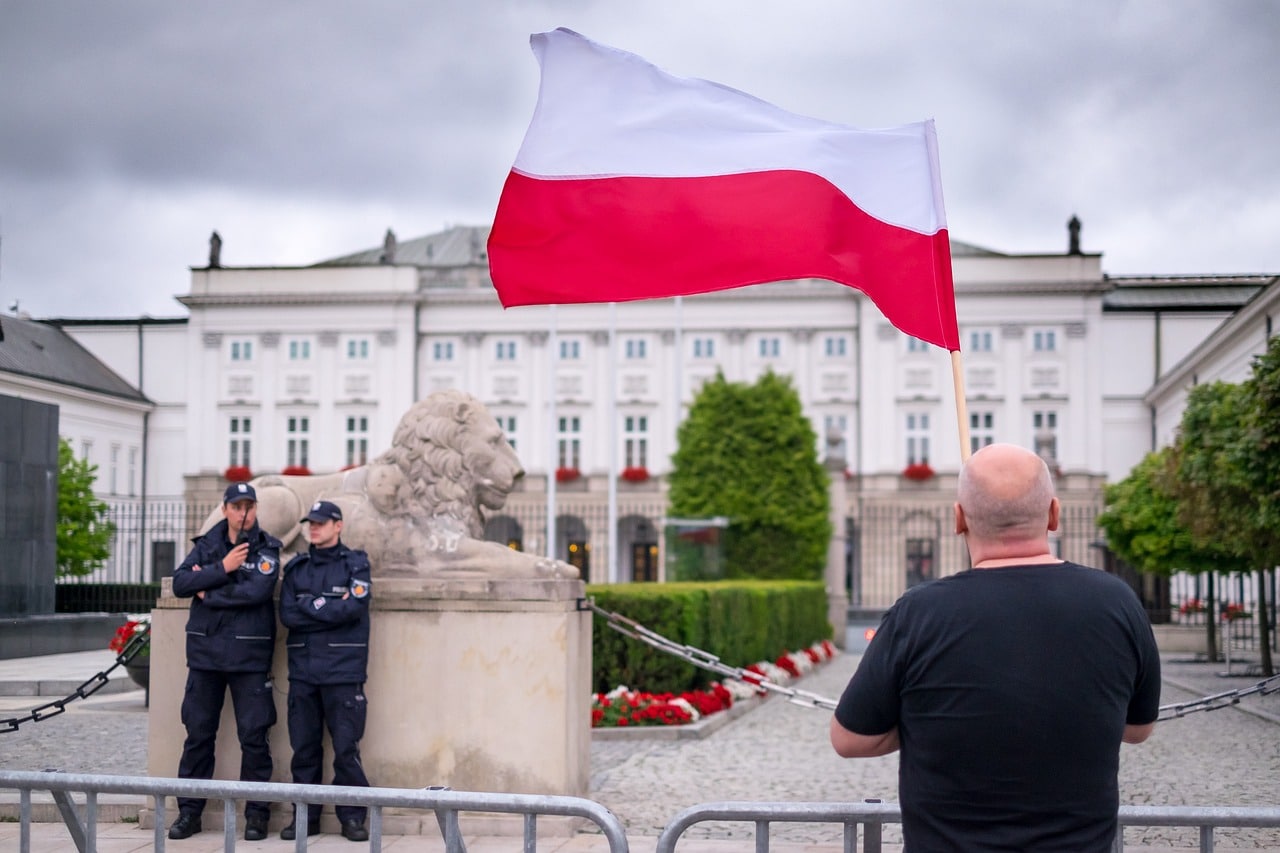Recently, we’ve been hearing a lot about the controversies surrounding the pardons of Marius Kamiński and Maciej Wąsik. In reality, presidents regularly exercise their constitutional right to grant clemency, however, only the most controversial cases attract public attention. Since 1989, over 9,000 convicts have been pardoned in Poland. We decided to examine the situation from a statistical perspective and look into the decisions that sparked the most emotion.
The right to grant clemency is a prerogative held solely by the president and is directly derived from the Constitution. Clemency is an individual act of intervention by an executive or legislative body into the prerogatives of the judiciary, most often involving complete remission of a sentence or a partial mitigation of court rulings.
Some of the over 9,000 acts of clemency have sparked particular attention from media and the public, and sometimes even significant outrage. This was the case in October 1993, for instance, when Lech Wałęsa pardoned Andrzej Banasiak, alias “Nightingale”, one of the bosses of the then powerful Pruszków gang. “Nightingale” had been sentenced several years earlier for multiple break-ins, but remained free. Media reports at the time alleged that the gangster had paid a bribe to presidential officials in the amount of 150,000 dollars in exchange for the pardon. Years later, “Nightingale” wrote in his book that he had “bought” his way out of the penalty.
Another controversy was sparked by the pardon granted in July 1999 by Aleksander Kwaśniewski to Peter Vogl.
Another case worthy of mention is the controversial pardon granted in 2015 by president Andrzej Duda – during his first year in office – to his former party colleague Mariusz Kamiński, in charge of the CBA (Central Anticorruption Bureau) during the years 2006-2009, and to Maciej Wąsik, who were both sentenced, albeit not finally, on account of overstepping their powers in a land scam affair.
The process of granting pardons is described in nine articles of the Code of Criminal Procedure, in chapter 59. Bereaved persons can also request that the death penalty be pardoned.
Presidential pardons, over the years:
- Wojciech Jaruzelski – from 31 December 1989 to 22 December 1990, pardoned 607 people; refused to pardon 119 people
- Lech Wałęsa – from 22 December 1990 to 22 December 1995, pardoned 3,454 people; refused to pardon 444 people
- Aleksander Kwaśniewski – from 23 December 1995 to 23 December 2005, pardoned 4,302 people; refused to pardon 2,639 people
- Lech Kaczyński – from 23 December 2005 to 10 April 2010, pardoned 201 people; refused to pardon 913 people
- Bronisław Komorowski – from 10 April 2010 to 6 August 2015, pardoned 360 people; refused to pardon 1,544 people
- Andrzej Duda – from 6 August 2015 to 13 December 2023, pardoned 127 people; refused to pardon 773 people
- Total number of pardons granted so far: 9,051 convicts
The final power of mercy belongs to the president, and his decision in this matter is not subject to any control,” informs the “Konkret24” website.
